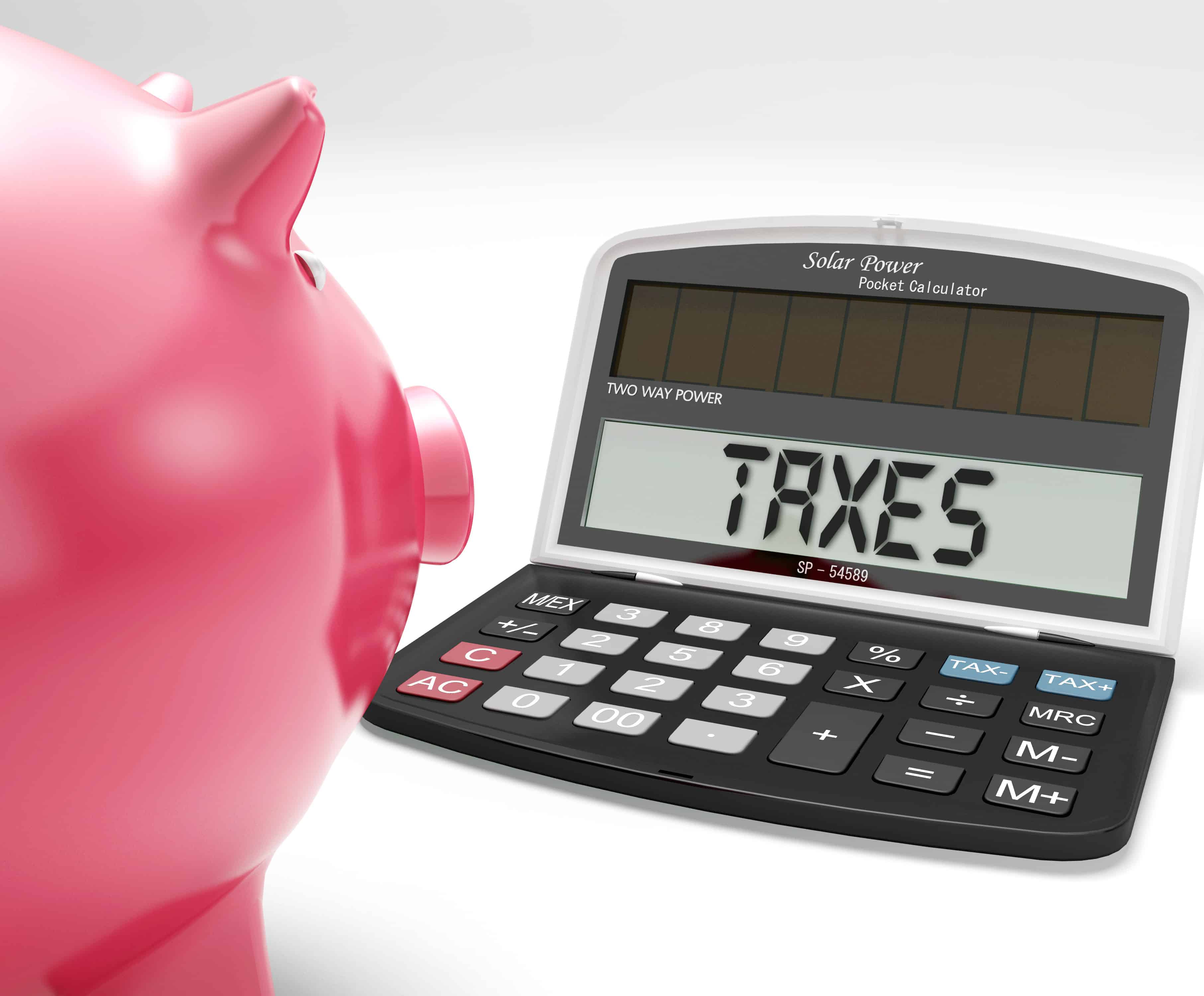The Best And Worst Cities For Property Taxes In 2016

A new study from the Lincoln Institute of Land Policy, a Cambridge, Mass.-based think tank, highlights property taxes in the largest cities in each U.S. state and found that homeowners in Bridgeport, Conn. pay the steepest rates to the tax man.
The Lincoln Institute calculated the effective tax rate on primary residences, or the tax bill as a percentage of the property’s market value, and found that Bridgeport residents pay 3.88% on a median-valued home, sharply higher than the 0.30% paid in Honolulu, HI., the cheapest of the 50 states considered.
Behind Bridgeport, Detroit and Aurora, Ill. came in second and third with 3.81% and 3.72%. On the lower side, Cheyenne and Denver followed Honolulu with 0.65% and 0.66% in effective tax rates.
While property tax rates are an important consideration for homeowners, they may not capture a full view of how these cities treat their taxpayers. In Bridgeport, for instance, the city relies heavily on property taxes for income ($1,891 per person on average), as there is no sales or income tax. In Birmingham, by contrast, residents pay both sales and income tax in addition to property taxes, adding up to $2,429 per resident.
In some cities where property taxes are high, the overall tax bills may not be so lofty due to lower median home prices, the study notes. In Detroit, where median home prices are among the lowest in the study, the effective tax rate is 3.81%, versus 1.13% in New York City, known for its lofty real estate prices.
The average effective tax rate across the 53 cities considered — the largest city in each of the 50 states, Washington D.C plus Chicago and New York City– was 1.5%. Bridgeport, Detroit and Aurora, Ill. were among the cities with above-average rates, while Honolulu, Denver, Boston and Washington D.C. came in below the average.
The average effective property tax rate for the cities considered in the study fell slightly, from 1.511% a year ago, as 31 cities saw rates decrease and 20 seeing increases. Phoenix registered the biggest increase, while Sioux Falls, S.D. saw the biggest decline. ”There is still some lingering effect of housing prices as cities try to make ends meet,” said Adam H. Langley, senior research analyst at Lincoln Institute of Land Policy.
The change in revenue structure, cuts in state aids from high level government, or increase in health care costs, for instance, may have led to the increase or decrease in the property tax rates in the cities, he added.
Source: forbes.com















 Accessibility
Accessibility